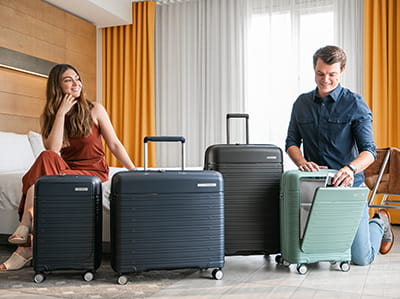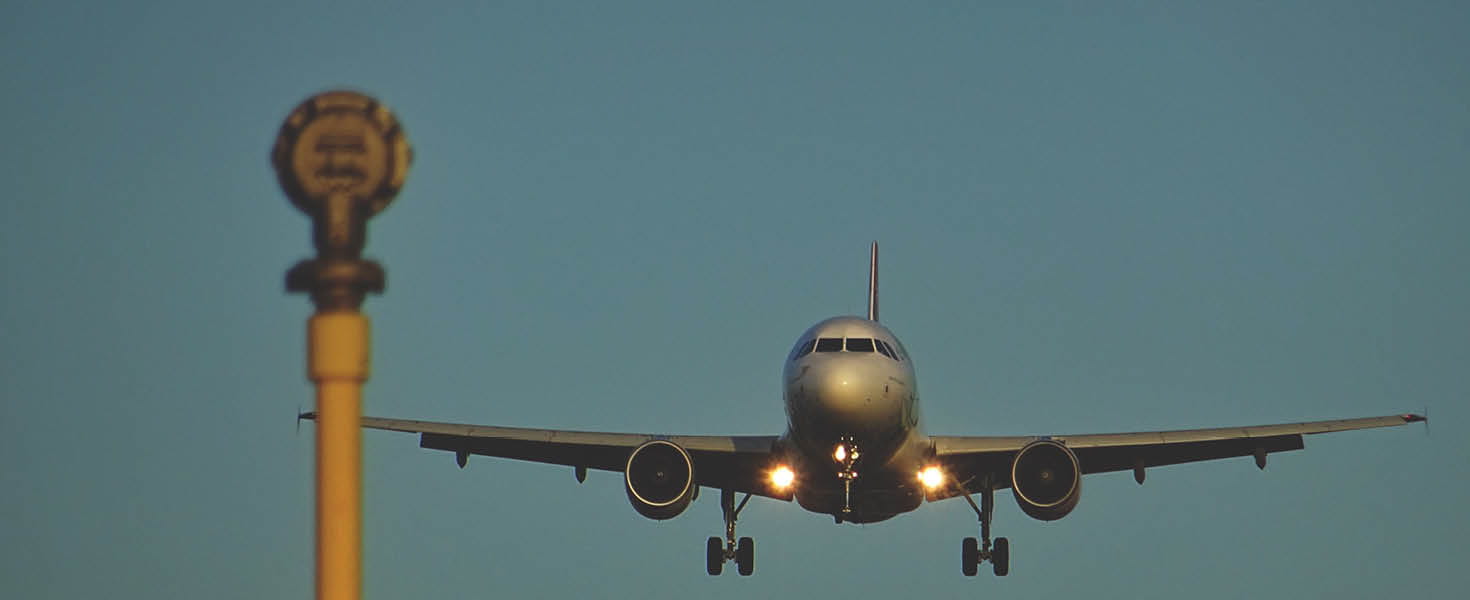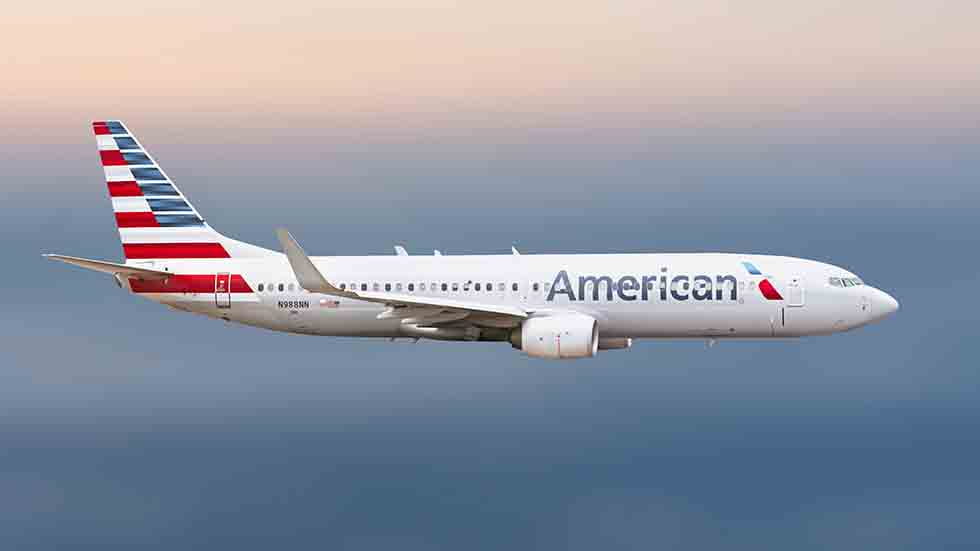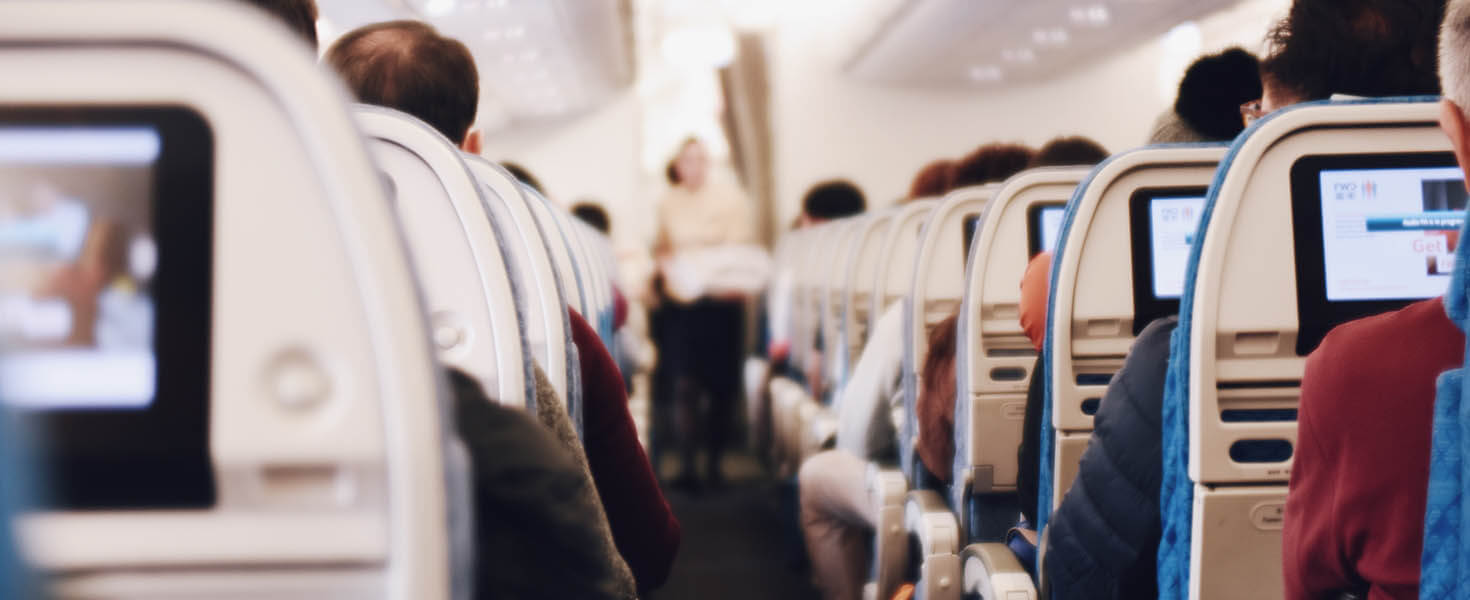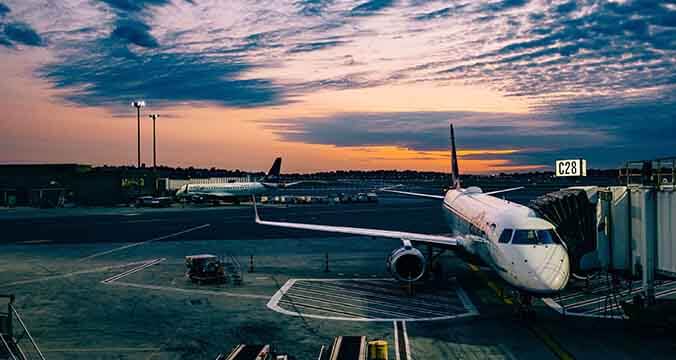We’ve all seen them. The banner ads online or emails in our inbox tempting us. Fares as low as $39 each way to a beach or major city seem enticing for a vacation or quick getaway. And for a lot of travelers, budget airlines and low-cost carriers have become a way of life—the cheap fares make travel more attainable and affordable. While most of us probably don’t need over-the-top snack and drink options available with legacy airlines, the no-frills approach to flying from budget airlines can sometimes be too good to be true.
PROS OF BUDGET AIRLINES
The most significant advantage is that you have the potential to save some considerable cash on airfare that you can either leave in the bank or put towards other parts of your trip. Typically, low-cost carriers will set a base fare on a ticket, and then allow you to select what extras you want to add on so that the passenger can set their price for the total fare. For example, Frontier Airlines charges additional fees for priority boarding, selecting a seat, and checking a bag on top of the base price of the ticket.
Travelers can also save money by booking fares on a low-cost carrier during a promotion. They’re usually available for a limited number of days and for travel during specific time frames, but they can help you save a few bucks. Better yet, if you travel during off-peak seasons or times, or don’t mind a red-eye flight, you can find additional savings.
CONS OF BUDGET AIRLINES
To enjoy the savings offered by budget airlines, you may have to forego some of the luxuries associated with legacy carriers such as Delta Air Lines, American Airlines, and United Airlines. For example, many budget airlines don’t offer in-flight entertainment or may require you to purchase your snacks or drinks. Another primary luxury passengers may have to forfeit is flying into a city's main airport. For example, Allegiant Air flies into Sanford, FL in suburban Orlando, rather than the city’s main Orlando International Airport, which is located significantly closer to major tourist attractions.
Perhaps the biggest con associated with flying a budget airline is the risk associated with flight delays or cancellations. When the worst dust storm to hit Las Vegas since the 1980s impacted McCarran International Airport in March of 2017, all airlines canceled flights when the airport temporarily ceased operations. While passengers who were on legacy airlines were quickly rebooked on flights departing the next day, passengers on budget airlines such as Spirit found they couldn’t return to their destination for over a week and were instead forced to pay over $1,000 per ticket for a return flight to their destination on another airline.
Let this story serve as a word of caution—low-cost carriers generally fly at capacity and may only fly to and from a destination a couple of times a week. As a result, it can be hard to get rebooked onto a different flight if the original flight’s schedule is altered, especially since budget airlines rarely have partnerships with other airlines to get you home in the event your flight is canceled or delayed.
The other potential costly con of flying a budget airline is that passengers can be nickeled and dimed for what they consider to be standard services. If you plan to select a seat in advance, carry-on a bag, check a bag or get a snack, you can generally expect to pay a fee (excluding Southwest, that allows free carry-on bags meeting federal regulations and two free checked bags). These extra fees can quickly add up for passengers and are a huge revenue generator for airlines—in fact, Spirit Airlines generates about a third of its profits from extra fees according to Business Insider.
THE BOTTOM LINE
Sometimes being cheap can be expensive. An important business meeting or personal matter may require you to fly a legacy airline rather than gambling with a cancellation on a low-cost carrier. But when pricing tickets, be sure to compare a legacy airline's fare to a budget airline's final ticket price that includes additional taxes, fees and add-ons to see the actual price comparison. It may also be worthwhile to book any airline ticket, both legacy and low-cost carrier, with a credit card that offers decent travel delay insurance as a benefit to provide your trip with the additional protection it deserves.





